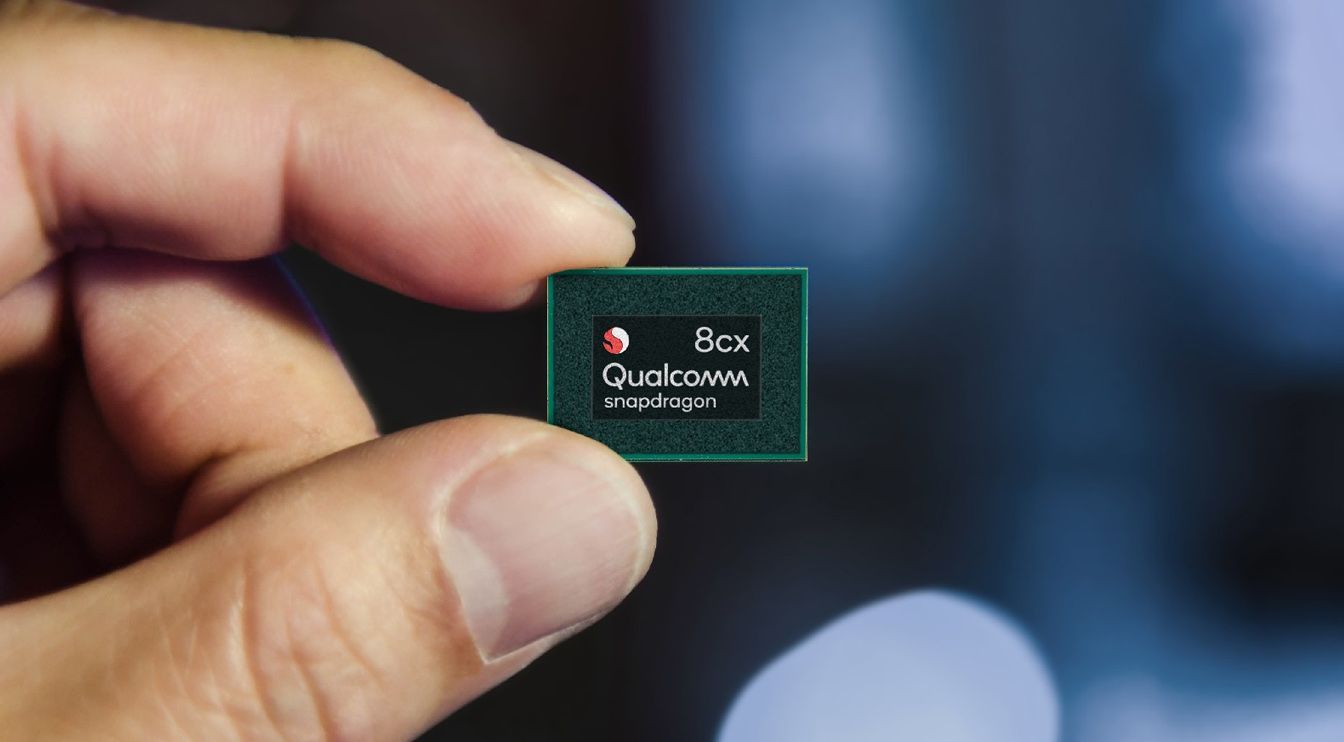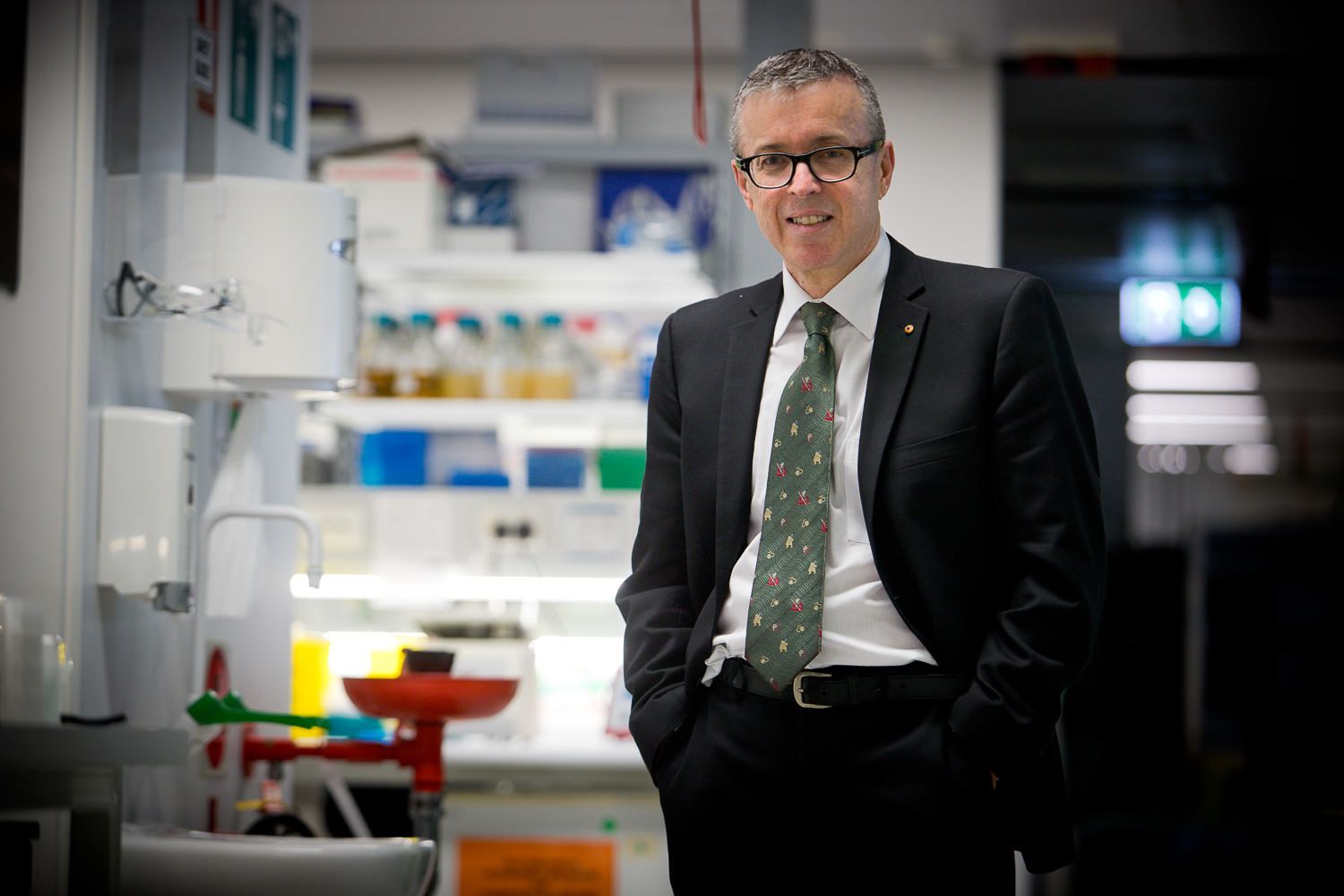Page 9291
Dec 8, 2018
#DidYouKnow that Earth’s atmosphere leaks oxygen?
Posted by Michael Lance in category: space travel
We launched two sounding rockets that will help scientists understand atmospheric escape on our home planet that has applications all over the universe — from predicting which far off planets might be habitable, to piecing together how Mars became the desolate, exposed landscape it is today.
SpaceX’s #Dragon cargo spacecraft was successfully installed on the Earth-facing side of the International Space Station’s Harmony module at 10:36 a.m. EST. While there are now six spaceships attached at the station, the Dragon will spend about five weeks there and return to Earth in January 2019 with more than 4,000 pounds of research, hardware and crew supplies.
Dec 8, 2018
How did the NASA Fermi Gamma-ray Space Telescope measure all the starlight produced over 90% of the universe’s history?
Posted by Michael Lance in category: space
Starlight continues to travel across the cosmos long after its sources have burned out — which means that we can see stars that no longer exist. It also means that our astronomers can study stellar formation without looking at the stars at all, but by observing the gamma rays that shoot out from distant galaxies interacting with the starlight. Take a closer look: https://go.nasa.gov/2G33gsA&h=AT2mbPrj5N1YVp76caneadyE80cXxz…q-2PIES2mQ
Dec 8, 2018
Support the Drive to End Age-Related Diseases During Project for Awesome
Posted by Steve Hill in categories: biotech/medical, education, life extension
Project for Awesome (P4A) 2018 is finally here, and you can help us to win much-needed funds at no cost to you by voting for the videos supporting our charity.
Every year, a number of charities are chosen through voting, and they each receive a sum of money based on what the fundraiser at P4A has raised. In the past, charities have received around $25,000 each, which is a considerable sum, especially for a small non-profit org such as LEAF.
Continue reading “Support the Drive to End Age-Related Diseases During Project for Awesome” »
Dec 8, 2018
Is it possible to reverse ‘chemo brain?’
Posted by Genevieve Klien in categories: biotech/medical, neuroscience
‘Chemo brain’ affects many people who have undergone cancer treatment. What happens in the brain, and how can we reverse this effect?
Dec 8, 2018
Regenerage — SMX Radio — The Net of Regenerative Medicine — Bioquark
Posted by Ira S. Pastor in categories: aging, bioengineering, biotech/medical, business, disruptive technology, DNA, finance, futurism, genetics, life extension
Continue reading “Regenerage — SMX Radio — The Net of Regenerative Medicine — Bioquark” »
Dec 7, 2018
Qualcomm’s ‘Extreme’ Snapdragon 8cx CPU Could Power Your Next Laptop
Posted by Shailesh Prasad in categories: computing, mobile phones
Intel and AMD could be looking at some stiff competition in the processor game. Fresh off announcing its new Snapdragon 855 mobile chip, the company has announced the Snapdragon 8cx. It’s for laptops instead of smartphones and is by far the most powerful processor the company has ever made. How can you tell? The “X” in the name stands for “extreme.”
While the Snapdragon 8cx is not the company’s first PC chip (that honor goes to the quickly forgotten Snapdragon 850), it’s the first one that could make Intel take note. Like the 855, the Snapdragon 8cx uses a 7nm manufacturing process. It has the same octa-core design with four high-performance cores based on the Cortex A76 and four low-power cores based on the A55. That’s really the end of the similarities, though.
Qualcomm has cranked the clock speed of all of its “Kryo 495” cores way up in the Snapdragon 8cx, but it won’t say exactly how high. The chip has 10MB of cache between L2 and L3 — the 855 only has 3MB. That makes the Snapdragon 8cx better at running heavy apps, and there’s support for up to 16GB of system memory. You can also check the boxes for NVMe and UFS3.0 storage.
Continue reading “Qualcomm’s ‘Extreme’ Snapdragon 8cx CPU Could Power Your Next Laptop” »
Dec 7, 2018
Microsoft president calls for government regulation of facial-recognition technology to ‘ensure that the year 2024 doesn’t look like a page from the novel 1984’
Posted by Shailesh Prasad in categories: government, robotics/AI
Microsoft said Thursday it was adopting a set of ethical principles for the use of its facial recognition technology, and urged the government to follow its lead with regulations barring unlawful discrimination and focusing on transparency.
In a blog post, Microsoft president Brad Smith pushed for the government, as well as tech companies, to regulate facial-recognition technology and ensure it “creates broad societal benefits while curbing the risk of abuse.”
“The facial recognition genie, so to speak, is just emerging from the bottle,” Smith said in the post. “Unless we act, we risk waking up five years from now to find that facial recognition services have spread in ways that exacerbate societal issues.”
Dec 7, 2018
Link between neonatal vitamin D deficiency and schizophrenia confirmed
Posted by Shailesh Prasad in categories: biotech/medical, neuroscience
Newborns with vitamin D deficiency have an increased risk of schizophrenia later in life, a team of Australian and Danish researchers has reported.
The discovery could help prevent some cases of the disease by treating vitamin D deficiency during the earliest stages of life.
The study, led by Professor John McGrath from The University of Queensland (UQ) in Australia and Aarhus University in Denmark, found newborns with vitamin D deficiency had a 44 per cent increased risk of being diagnosed with schizophrenia as adults compared to those with normal vitamin D levels.
Continue reading “Link between neonatal vitamin D deficiency and schizophrenia confirmed” »


















